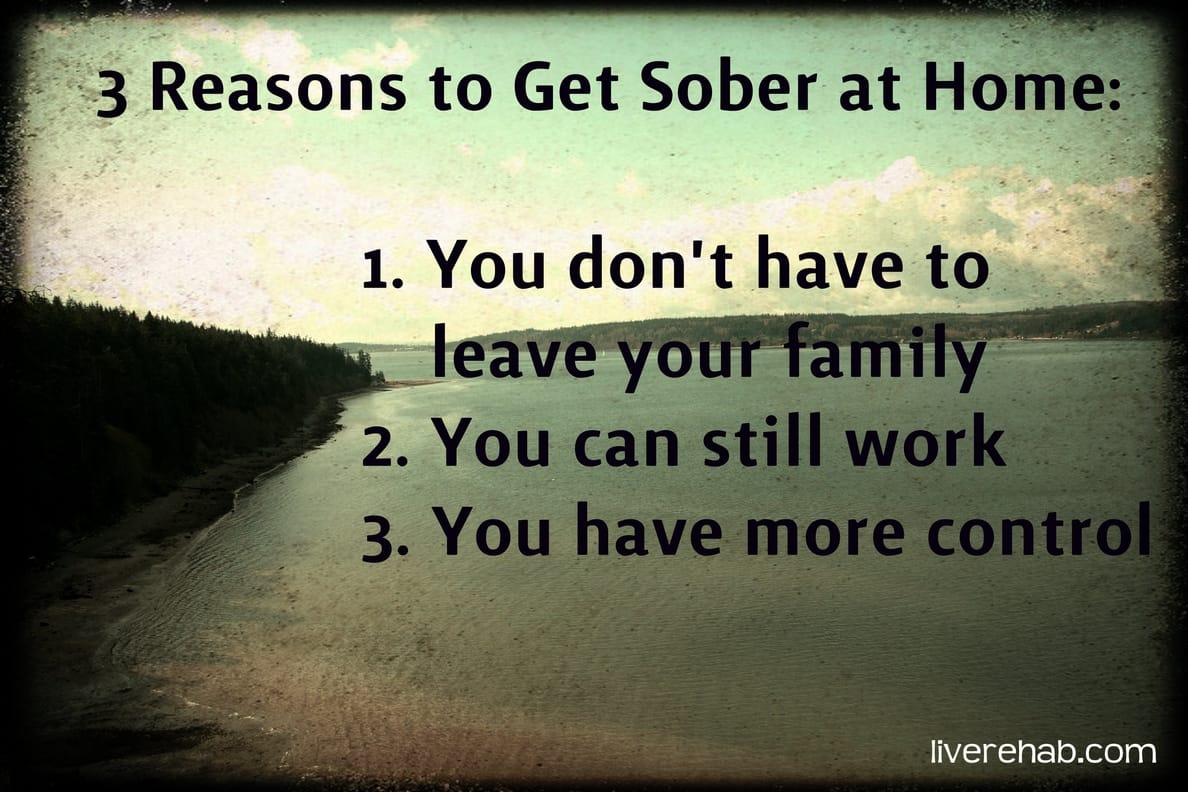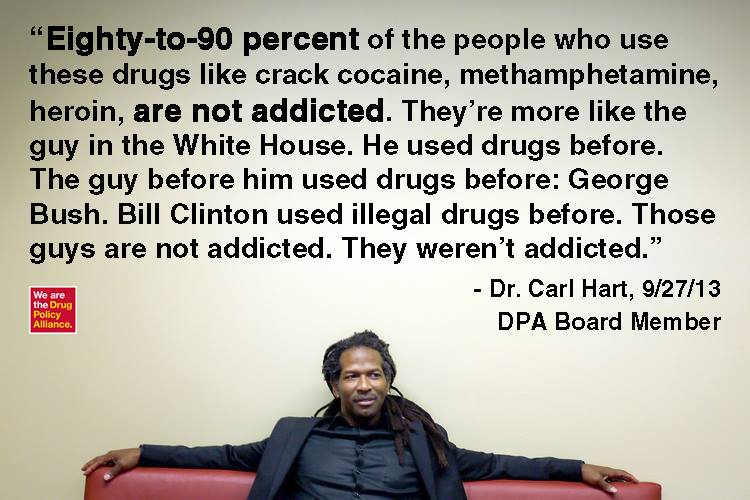
The addiction field is a complicated topic.
There are many types of addictions ranging from substances to behaviors. An addiction professional should have a broad range of understanding the many models and theories of addiction as well as physical, psychological and social problems related to using substances or engaging in dangerous, addictive behaviors.
This means that an addiction professional should be competent in research and theory both scientific and theoretical. In addition, an addiction professional needs to understand the criteria and methods involved in evaluations of models and theories and how to appropriately apply it to their practice. Because the science and research is constantly evolving it’s equally important for an addiction professional to stay up to date with these findings and know where to access the literature from multiple disciplines.
Addiction professionals should always be open to information that challenges their existing and personally held views. It’s important for addiction professionals to appreciate the complex nature of addiction while valuing many different forms of concepts and theories. An addiction professional should be a critical thinker and be able to form their practice around the knowledge they are receiving on an ongoing basis.
What does addiction specialist do?
An addiction specialist works with individuals and assist them in overcoming substance or behavioral addictions. This work can also include addiction prevention and typically supports addiction treatment across various subjects or treatment methods.
The disease of addiction means that addiction specialists need to have a broad set of skills and competencies in order to help those around them. Sometimes these skills will be used in public health environments but other times they can also be done in private environments.
Addiction specialists should work in not only treating the addiction side or “using” side but also work on mental health and behavioral health as well. This means that the specialist must be well versed in many methods.
What skills do you need to be an addictions Counsellor?
Lots of skills are neccessary to be a good addictions counsellor. Some of those skills include:
- active listening
- critical thinking
- interest in research
- strong emotional intelligence (EQ)
- bias for helping
- and many more!
Typically addictions counsellors will have completed some level of education and likely a combination of education plus supervised work experience. Most people working professionally in addiction have completed post-graduate education as well although not all states require this. There are national-level addiction certification programs available but be careful because again not all states recognise these certifications.
Do you need to be in recovery to be an effective counselor?
This is a common misconception and can actually be quite harmful for both the counselor and person receiving treatment. Being in recovery does not provide an additional benefit or insight into the mechanics of addiction and recovery. While a counselor could theoretically transfer their learnings to the person receiving treatment, it will likely be very much influenced by their experience.
If you are seeking addiction treatment then we recommend not specifically looking for addiction counselors who are previously or currently in recovery as a primary marker for success. Instead, look for a qualified professional that can provide examples of their previous work or success rates.
Our program, The Sobriety Success Method, is battle-tested with over 6,000 students worldwide having gone through it to date. We’re extremely proud and recommend checking it out today!
Addiction resources for professionals:
- NAADAC represents the interests of 100,000 addiction professionals across the U.S. (naadac.org)
- International Institute for Trauma and Addiction Professionals (iitap.com)

